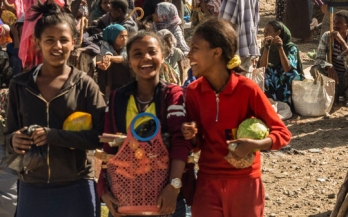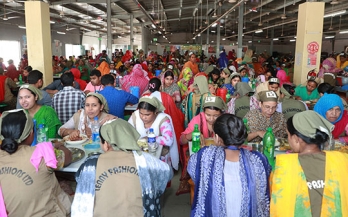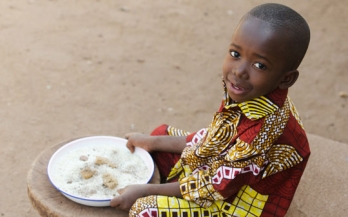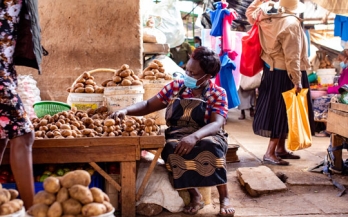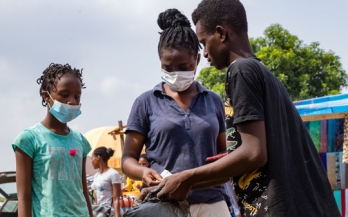Through its Food Systems Summit Member State Dialogues and National Pathway, Ethiopia has shown strong political commitment to transforming its food system. The need to address food issues systemically is increasingly recognised. We can no longer afford progress in one area driving setbacks in another.
Too many people across Bangladesh are living with zinc deficiency. One proven and effective way to tackle this is through scaling up production and consumption of rice biofortified with zinc.
Affordability is a key barrier to accessing nutritious foods, particularly for lower-income consumers. Several measures of food affordability have been proposed and used in the research literature. This paper reviews the concept of food affordability, discusses the limitations of existing measures, and makes recommendations for improvements. Food affordability measurement is typically based on income, social safety nets, or expenditures.
With the support of the Bill and Melinda Gates Foundation, GAIN is leading implementation of a pilot programme to develop a digitized system to ensure staple foods are fortified with the right levels of essential vitamins and minerals to support good health and nutrition. The system will also track the fortified foods to ensure they are reaching Nigerian consumers efficiently.
EatSafe evaluated the regulatory and policy landscape for food safety in Ethiopia at the national and regional levels, which included an assessment of existing regulations and resulted in recommendations for strengthening implementation.
Over half the global population spends one third of their adult life at work, and a third of the global population also suffers from some form of malnutrition. This paper reviews prior research on gender issues in the workplace, with the objective of clarifying the implications of these norms for workplace nutrition programming in low- and middle-income countries.
An estimated 2 billion people globally are affected by micronutrient deficiencies, while around one third of the global population is at risk of at least one micronutrient deficiency. Micronutrient deficiencies, also known as hidden hunger, can be linked to significant disease burden and economic loss.
This paper responds to the need to better understand the interaction between gender norms and urban food systems in low- and middle-income countries. More people are living in cities than ever before. As a result, the role played by urban food systems is of growing importance at both the population level and for individuals, especially women, who are considered responsible for meal provision in most cultures.
The Commercialisation of Biofortified Crops (CBC) Programme was launched in 2019 to address widespread hidden hunger in Africa and Asia by significantly expanding the reach of foods and food products made with biofortified staple crops.
This report presents the findings from an assessment of 163 policy measures by national governments to support micro, small, and medium-sized enterprises (MSMEs) in nine low- and middle-income countries (LMICs) between March 2020 and March 2021 during the COVID-19 pandemic.
